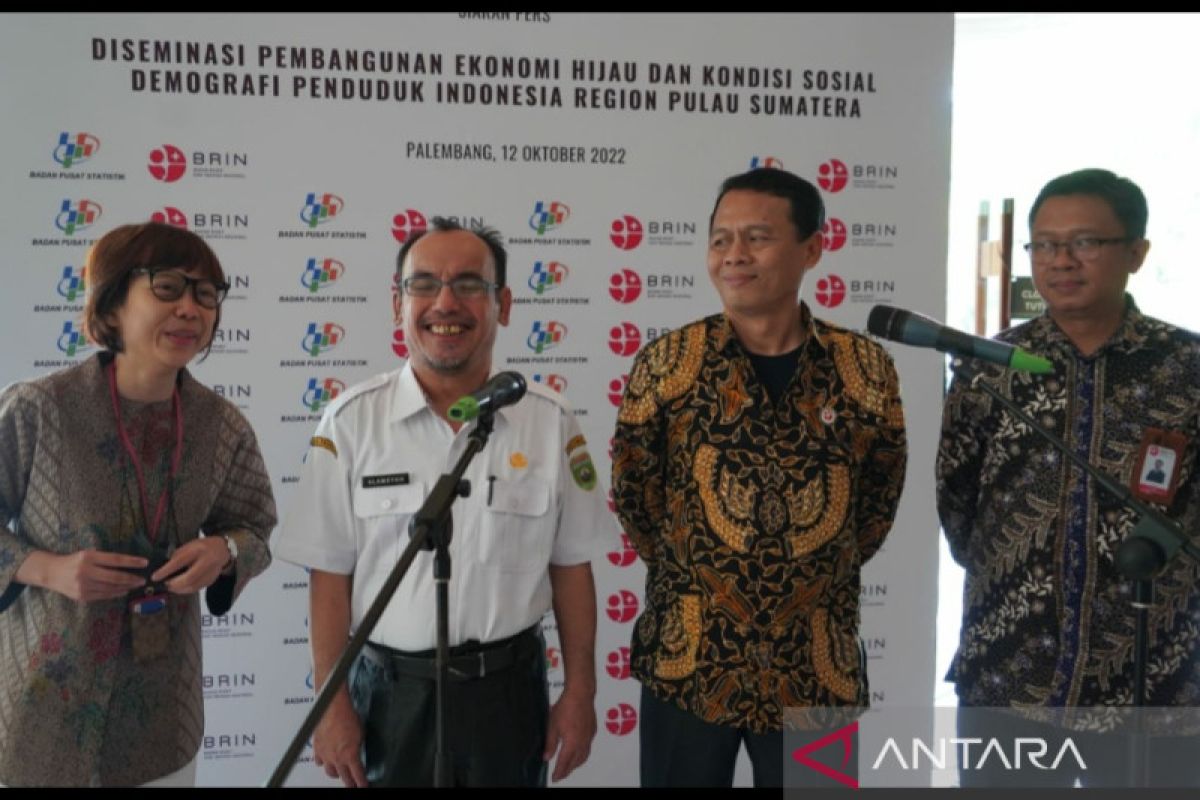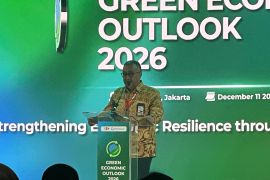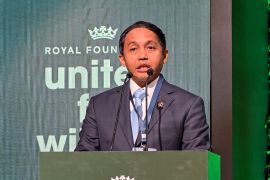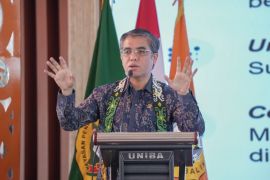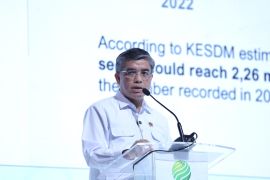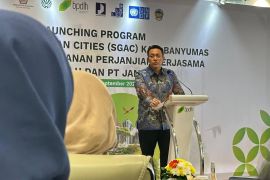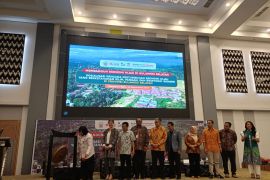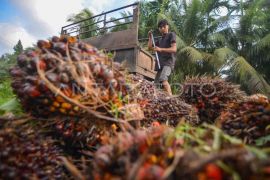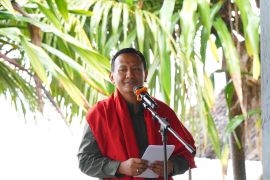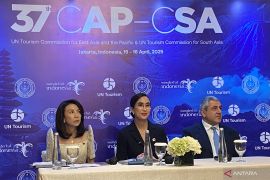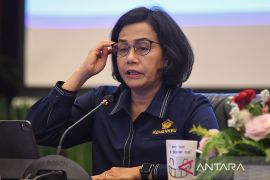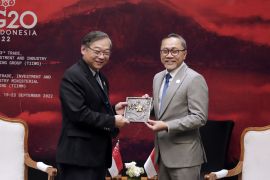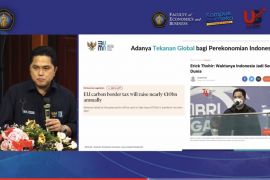In addition, (green economy includes) economic practices supported by local wisdom.Palembang, S Sumatra (ANTARA) - The implementation of the green economy can help overcome the social and demographic challenges in Indonesia, the National Research and Innovation Agency (BRIN) has said.
"The green economy will encourage the development of green industries, which implement the principles of efficiency in their production process as well as effectiveness in the use of inclusive, sustainable natural resources," a researcher at BRIN’s Research Center for Population, Sari Seftriani, underlined here on Thursday.
While implementing the green economy, it is important to produce environmentally friendly products as well as apply eco-designs, eco-friendly technologies, low-emission recycling processes, energy conservation, and clean production, she said.
"In addition, (green economy includes) economic practices supported by local wisdom," she added.
Hence, the involvement of the community is important in implementing the green economy paradigm as it can increase the welfare of the community and help preserve the environment, the researcher said.
According to the results of Statistics Indonesia (BPS) and BRIN’s collaborative research, the development of the green economy in Indonesia has not involved the nation’s demographic assets optimally. In addition, it is still project-driven, not well organized, and conducted on a small scale, she informed.
The current implementation of the green economy in Indonesia mostly emphasizes the shift toward high and sophisticated technology as well as the improvement of human resources’ capacity to adapt to advanced technology, she noted.
Related news: EIB supporting development of Indonesia's green projects: minister
According to Seftriani, the green economy development in Indonesia needs to bolster three important aspects.
The first one is intergenerational wisdom. The green economy transition in Indonesia requires intergenerational dialogue to fill the knowledge gap and carry out knowledge brokering between the younger and older generation to support the acceleration and sustainability of the green economy.
The second aspect is the involvement of social institutions that will support and optimize green economic development in Indonesia, for which there is currently limited capital.
The third is introducing the right technology to avoid additional burden while implementing the green economy transition.
For instance, the application of pyrolysis technology in the waste management sector to process plastic waste into diesel fuel has not been running optimally because the cost of buying fuel for the processing machine is more expensive than the selling price of the diesel fuel produced.
Related news: Indonesia, Singapore agree to explore green economy cooperation
Translator: Yudi Abdullah, Uyu Liman
Editor: Rahmad Nasution
Copyright © ANTARA 2022
